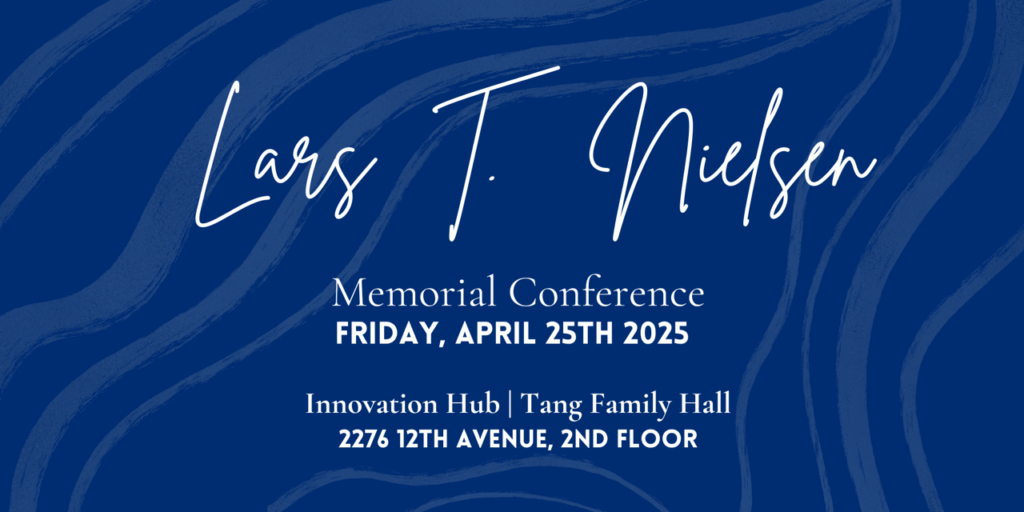Congratulations to Professor Duong Phong on his appointment as Davies Chair of Mathematics.
Previous holders of the Davies Chair include Lipman Bers, Masatake Kuranishi, and Richard Hamilton.
Professor Phong joined Columbia in 1978. He has made fundamental contributions to many areas of mathematics, including harmonic analysis, partial differential equations, complex differential geometry, and mathematical physics. His contributions include his work with Charles Fefferman on subelliptic operators; his work with Elias Stein on singular integrals and Radon transforms; and his recent work on a-priori estimates for the complex Monge-Ampère equation.
Professor Phong has received many awards and distinctions for his work, including the André Aisenstadt Chair of the Université de Montréal (2000), the Bergman Prize of the American Mathematical Society (2009), and the Frontiers of Science Award (2024). He was elected a member of the American Academy of Arts and Sciences (2013) and the United States National Academy of Sciences (2024).
